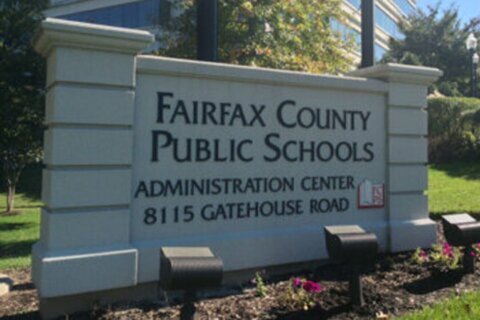WASHINGTON — It has been five years since the derecho hit the D.C. region with a double whammy: mass power outages and a major loss of 911 service throughout Northern Virginia.
Not only were scores of people left without electricity during hot weather, but many could not reach first responders to report emergencies in the aftermath of the deadly storm.
“It was a hard lesson for us to learn throughout the region in how to respond to a storm of that nature,” Fairfax County Board Chairwoman Sharon Bulova said. “We learned a lot about, as a result of the derecho, a lot about communicating with the public.”
More than 1 million people were affected by the 911 outage, prompting a number of major changes in how 911 systems operate in Northern Virginia.
“Our communication systems are vastly improved over what we had in place five years ago,” Bulova said. “We were able to establish a lot of new connections, a lot of new procedures and we were able to apply many new technologies to be used and put in place should there be an emergency situation.”
Some of those improvements include allowing people to text 911 instead of calling – a service that started in 2015.
Officials have also been more proactive in trying to reach citizens on various social media platforms before and after major storms hit.
The 911 outage was caused by a backup generator at Verizon that failed.
Verizon said it has improved the way it maintains local backup systems. The company can now identify and solve problems more quickly and communicate more effectively with local governments.
“We’ve done a number of things to check our backup power,” a Verizon spokesman said after the derecho hit. “What happened June 29 was unacceptable. We recognize that, and that’s not what we’re about.”
The company said it conducted intensive and comprehensive audits at switching centers that house 911 equipment, checking generators and battery systems.
Multiple agencies investigated the failure, including the Federal Communications Commission, the Metropolitan Washington Council of Governments and Virginia’s State Corporation Commission, which regulates utilities.
The FCC issued a report calling the incident “preventable” and “unacceptable.”
WTOP’s Dennis Foley contributed to this report.









